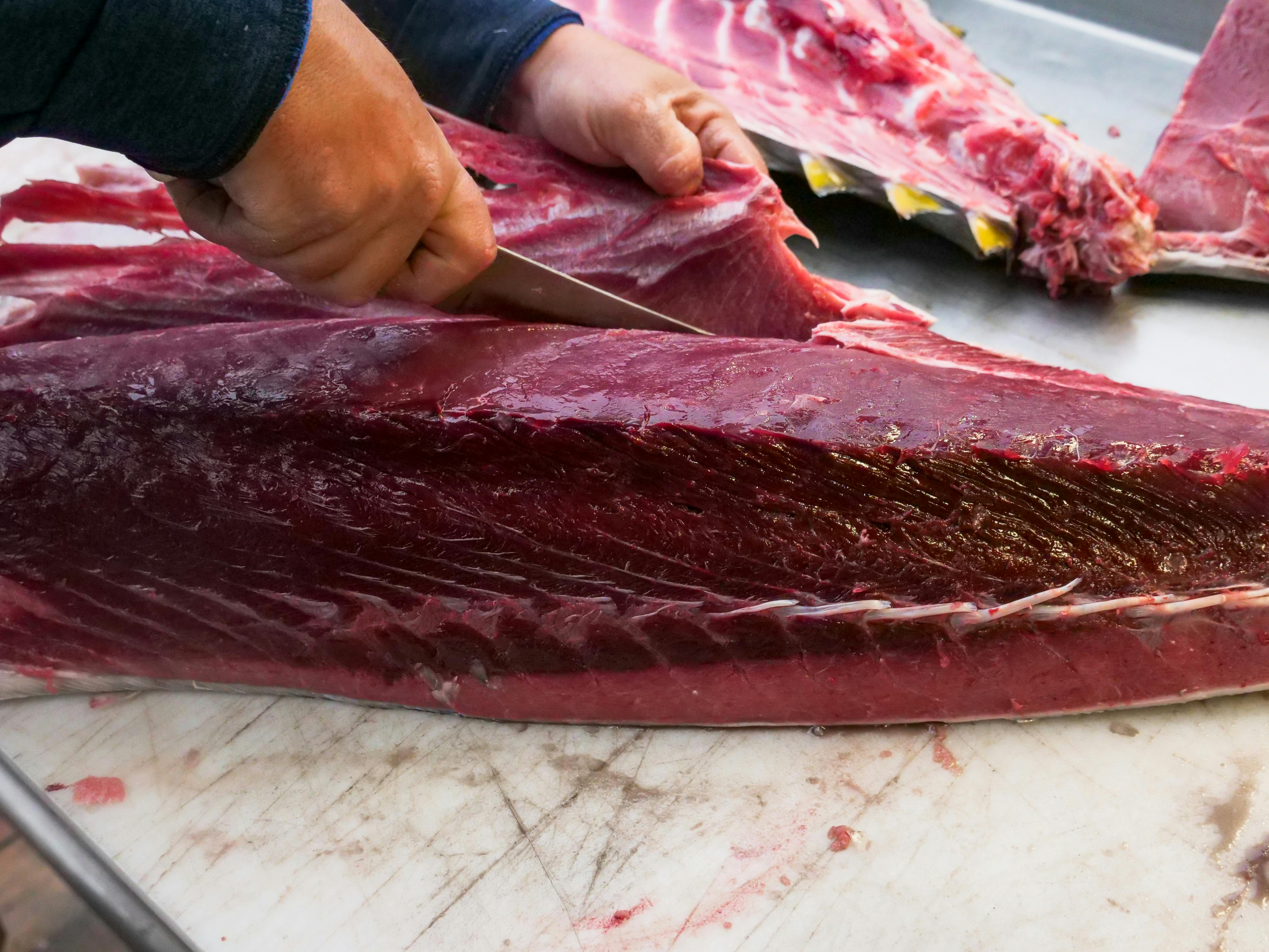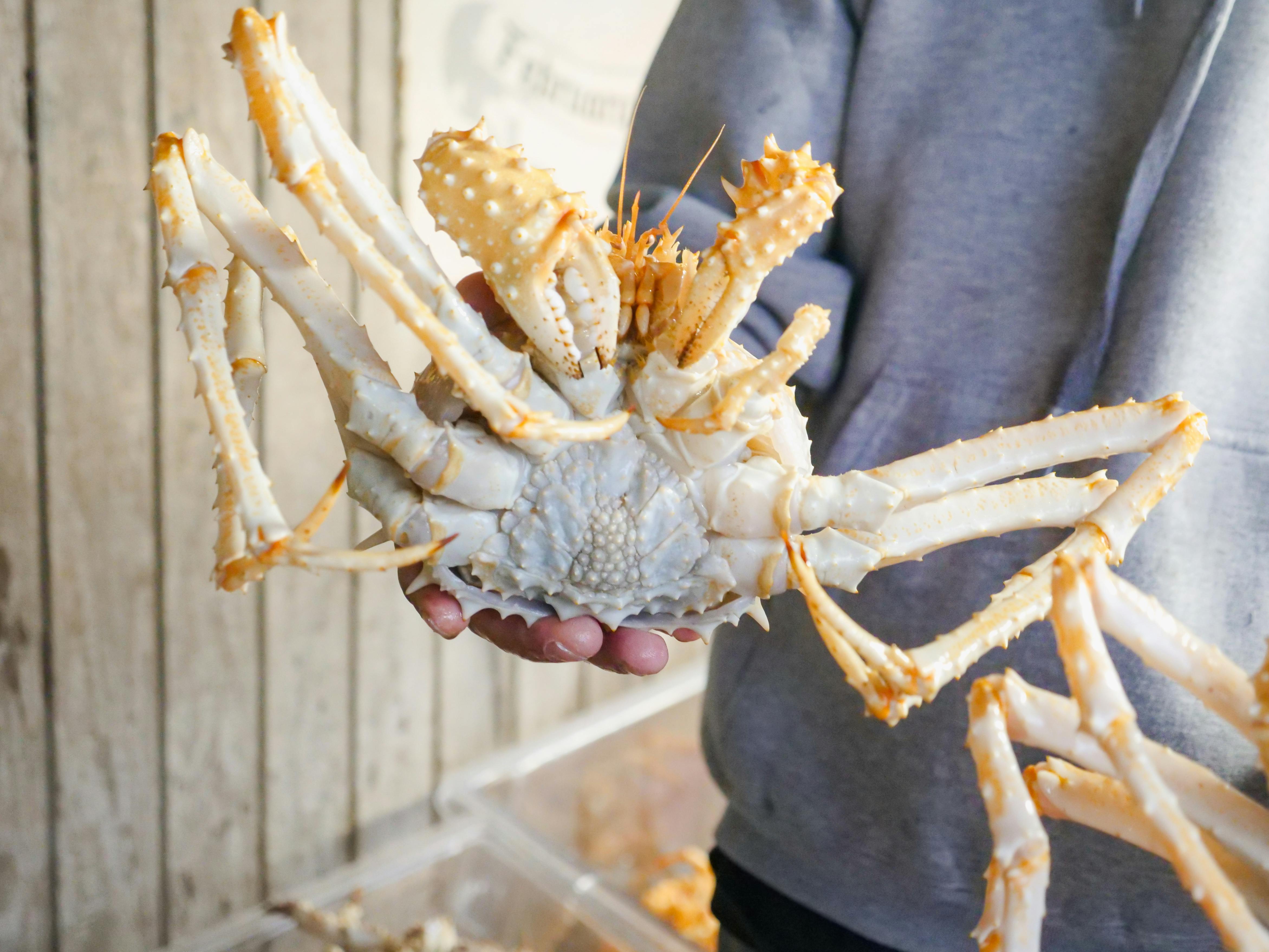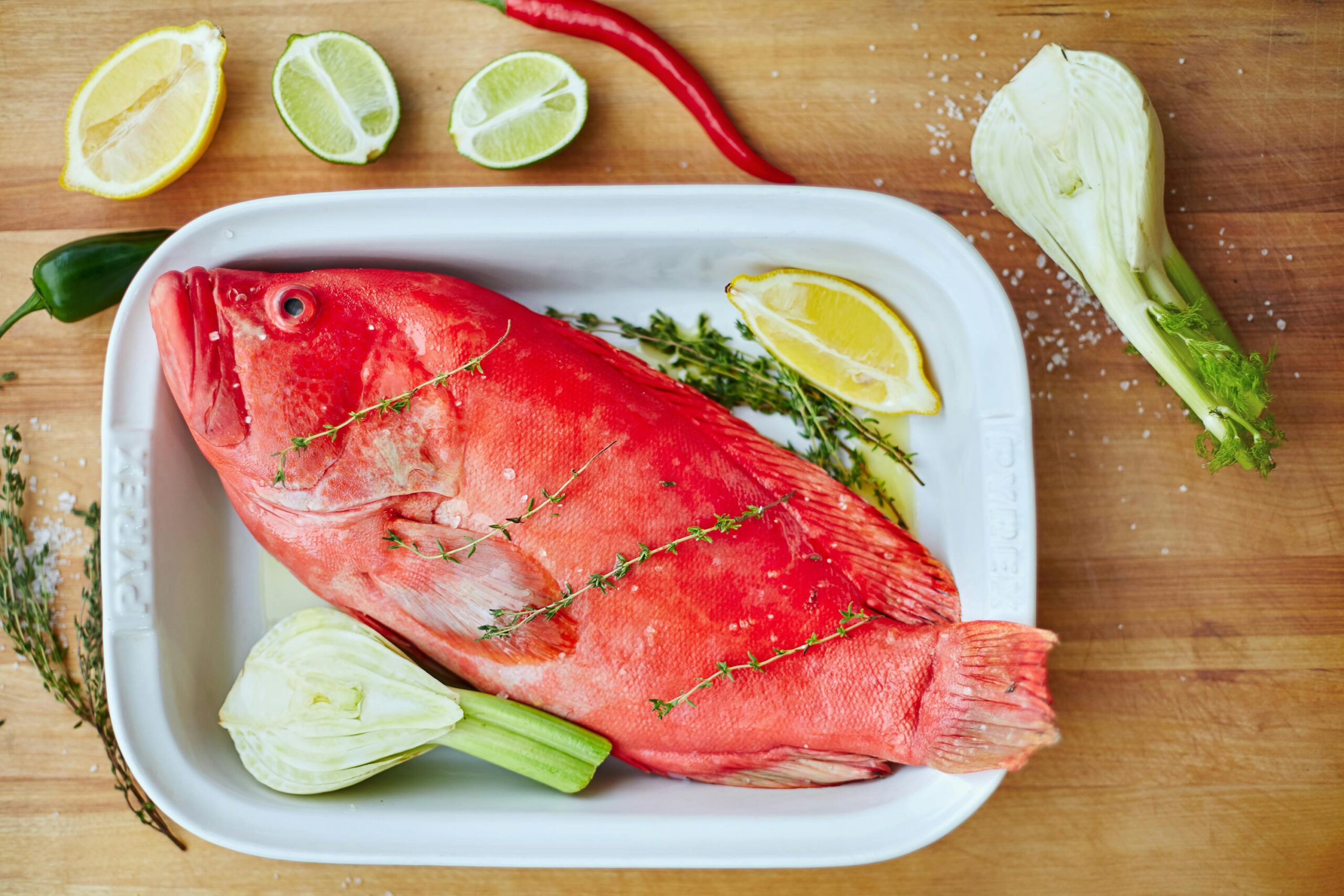Effective Ways to Optimize Your Betta Fish Diet for Better Health in 2025
Betta fish are vibrant, captivating aquatic pets that bring a burst of color and personality to any home. However, maintaining their health heavily relies on their diet, which can be complex given their nutritional needs. An optimized betta fish diet in 2025 should comprehensively address their requirements for protein, fat, vitamins, and minerals. This article will explore effective feeding strategies, variety in diets, and the best foods for betta fish to enhance their health and longevity.

Understanding the essential nutrients for bettas and creating a balanced meal plan is crucial for their growth and satisfaction. We will delve into feeding practices for both adult and young betta fish, highlight common mistakes to avoid, and provide actionable tips to ensure your betta remains healthy and vibrant. Let’s dive into the world of betta fish nutrition!
Essential Guide to Betta Fish Feeding Frequency
Building on our understanding of betta fish diet, feeding frequency is a fundamental aspect of their care. Regular feeding schedules help regulate their metabolism and ensure they receive adequate nutrition.
Feeding Adults: Best Practices
When it comes to feeding adult betta fish, maintaining a consistent schedule is key. Adult bettas thrive on two small meals daily, optimizing their energy levels and digestion. It’s also important to gauge their appetite and adjust portions accordingly to prevent overfeeding, which can lead to health issues.
Feeding Young Betta Fish
In contrast to adults, young betta fish, or fry, require more frequent feedings throughout the day. Feeding them three to four times daily, with small amounts of food, assists in their rapid growth and development. Specialized foods, such as infusoria for baby bettas, can be beneficial during the initial feeding stages.
Understanding Betta Fish Hunger Signals
Being observant of your betta’s behavior can provide insights into their feeding needs. A healthy betta will actively show interest in food by swimming towards you during feeding time. Conversely, loss of appetite or sluggishness may indicate dietary issues or stress, warranting immediate attention.
Common Mistakes in Feeding Frequency
One common mistake betta owners make is overfeeding. Excess food can lead to water quality issues and health complications for your fish. Additionally, skipping meals occasionally and providing a variety of foods can contribute to a more satisfying diet. It’s vital to remember that moderation and variety are essential for a healthy betta fish diet.
Assessing Your Betta’s Feeding Schedule
To create an effective feeding schedule, consider documenting your betta’s eating habits and preferences in a meal plan. By tailoring feeding times and quantities based on their daily behavior, you ensure optimal health for your fish. Remember, the ideal feeding frequency contributes not only to your betta’s growth but also to their overall vitality.
Exploring the Best Food Options for Betta Fish
With these basics established, let’s explore the various food options available for bettas that promote optimal health.
Commercial Betta Products
The market offers a wide range of commercial betta foods, including pellets, flakes, and frozen foods. Premium pellets specifically designed for bettas are highly recommended due to their balanced nutrient profiles. Brands like Hikari and New Life Spectrum often stand out for their quality and formulation considerations.
High Protein Options
Bettas are carnivorous and require a diet rich in protein. Incorporating live foods, such as brine shrimp and bloodworms, can enhance their health and stimulate natural hunting behaviors. Frozen versions of these foods are also great alternatives; they provide similar health benefits while being easy to store and handle.
Importance of Variety in Betta Diet
DVarying your betta’s diet is crucial. This not only prevents boredom but also ensures a comprehensive intake of essential nutrients. Combining different types of food, from pellets to live offerings, can significantly enhance your betta’s dietary satisfaction and health.
Homemade Betta Food Recipes
For the more adventurous aquarist, creating homemade betta food can be fulfilling. Recipes that include high-protein ingredients and ensure a mix of necessary vitamins and minerals can lead to healthier fish. For instance, using a mix of shrimp, spirulina, and various vegetables can create a nutritious meal option.
Dietary Supplements for Better Health
Consider adding dietary supplements that boost your betta’s nutrition, such as vitamins specifically formulated for fish. These can help young bettas grow and thrive while ensuring adult bettas maintain optimal health.

Understanding Betta Fish Nutritional Requirements
With these options in hand, it’s important to recognize the specific nutritional requirements for bettas.
Essential Nutrients for Bettas
Understanding the essential nutrients for bettas is critical for their dietary planning. Protein is foremost, followed by healthy fats, vitamins, and minerals. Betta fish require a diet composed of at least 30% protein to thrive, which aids in muscle development and overall vitality.
Impact of Diet on Betta Health
A well-balanced diet directly influences betta health. Nutritional deficiencies can lead to lethargy, poor coloration, and susceptibility to diseases. Regularly reevaluating the quality of the diet helps in preventing such issues while supporting healthy development.
Feeding Guidelines for Optimal Growth
To maximize growth in juvenile bettas, ensure they receive appropriate food amounts. A good rule of thumb is to feed them as much as they can consume in three minutes, observing them during feedings to avoid uneaten food from polluting the tank. The right feeding schedule leads to formidable growth and ensures a robust fish.
Exploring Betta Fish Dietary Needs
While we focus on protein, it’s also important to integrate healthy fats and carbohydrates into the diet. Fat supports energy needs, especially during breeding. Carbohydrates can be provided through plant-based foods, which some bettas might enjoy, adding variety to their diet.
Signs of Nutritional Deficiency
It is vital to monitor your betta for signs of nutritional deficiency. Impaired mobility, dull coloration, or fin deterioration often indicate dietary issues. Regularly switching up food types, along with proper portion sizes, helps avoid these problems and supports long-term health.
Betta Fish Care: Creating a Balanced Diet Plan
Following this approach sets the stage for discussing how to establish a comprehensive meal plan for bettas.
Crafting a Betta Fish Meal Plan
Crafting a meal plan suits individual bettas to make the most of their nutritional needs. A well-structured plan should include specific food types and feeding frequencies tailored to the age and activity level of your fish. Consider including at least one high-protein meal option along with two varied food types daily.
Adjusting Diet According to Life Stages
As bettas grow, their dietary needs will shift. Hatchlings require specially formulated fry food, moving to higher-protein options as they mature. This accommodation for growth stages helps to foster healthy development throughout their lives.
Feeding Betta Fish in Community Tanks
When keeping bettas in community tanks, it’s essential to manage feeding to ensure all fish get their share without competitive stress. Designing a staggered feeding approach can help provide proper nutrition without overwhelming your betta or causing friction with tank mates.
Evaluating Food Options for Quality
When choosing foods, always evaluate products based on their ingredient lists. Focusing on foods with high-quality ingredients, such as whole fish or shrimp meal, guarantees better health outcomes. Avoid foods with fillers, as they provide little nutritional benefit.
Best Practices for Feeding Bettas
Practicing safe feeding habits significantly contributes to betta fish well-being. Always ensure their food is fresh and appropriately sized to prevent choking or digestive issues. Additionally, maintain an eye on water conditions, as uneaten foods can decay and harm your aquatic ecosystem.
Q&A: Common Concerns Regarding Betta Fish Diet
As we wrap up our detailed examination of betta fish diets, let’s address some frequently asked questions regarding their feeding and care.
What is the Best Food for Betta Fish?
The best food for betta fish includes a mix of high-quality pellets, flakes, and live or frozen foods. Ensure that each choice offers high protein content tailored to your fish’s needs.
How Often Should You Feed Betta Fish?
An ideal feeding schedule consists of two meals a day for adult bettas, while young bettas require more frequent feedings, about 4 to 6 times a day.
Can Betta Fish Be Vegetarian?
While bettas are primarily carnivorous, they can safely consume some vegetarian options, like blanched vegetables in small amounts. However, ensure protein remains a staple of their diet.
What Should I Avoid When Feeding Bettas?
It’s crucial to avoid overfeeding, as it can lead to health and water quality issues. Also, steer clear of low-quality foods filled with fillers that may hinder your betta’s health.
How Can I Tell if My Betta is Healthy?
A healthy betta fish exhibits vibrant coloration, active swimming behaviors, and a strong appetite. Any drastic changes in behavior or appearance warrant immediate attention.
